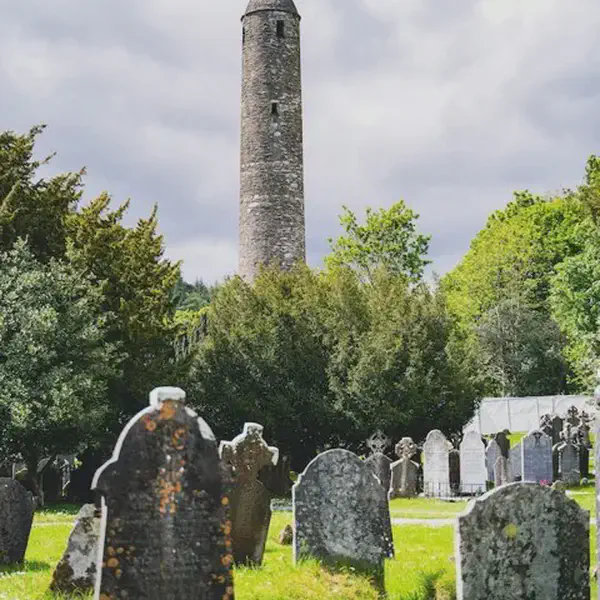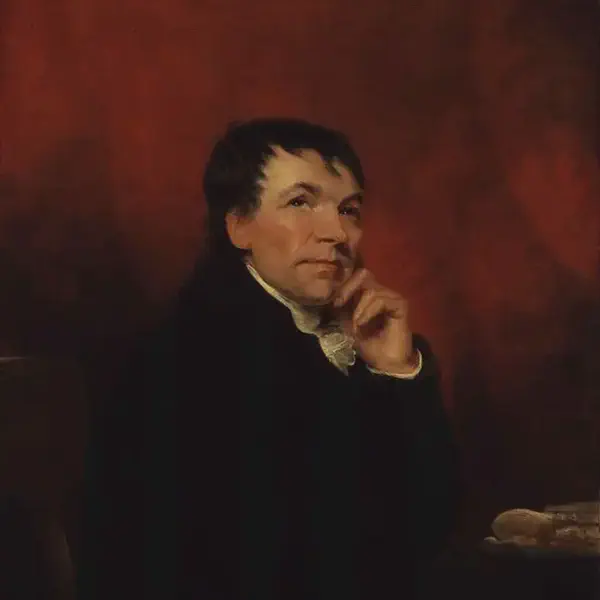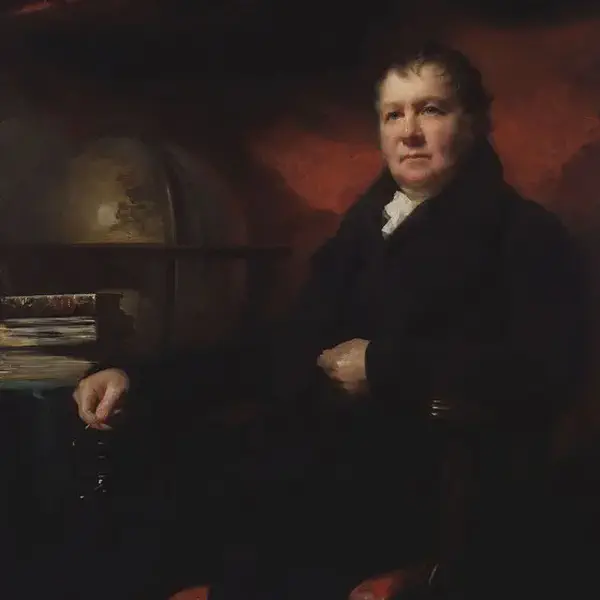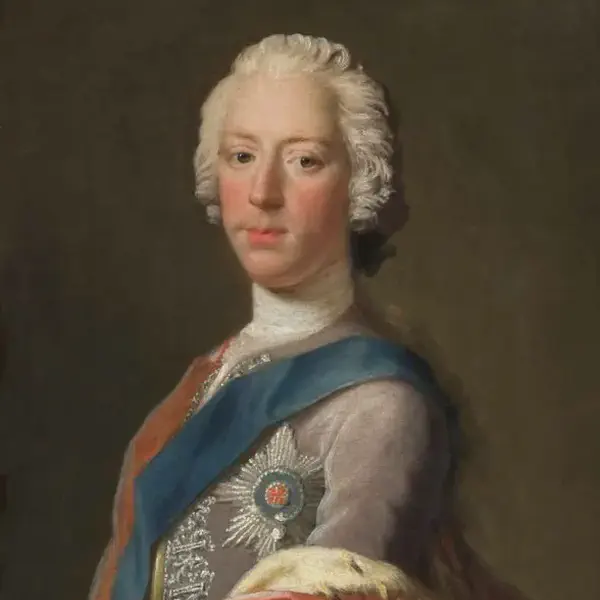
Robert Fergusson, Scottish poet, born.
Robert Fergusson (September 05, 1750 - October 16, 1774), Scottish poet, son of Sir William Fergusson, a clerk in the British Linen Company, was born at Edinburgh.
ireland

John Philpott Curran, born
John Philpot Curran (24 July 1750 – 14 October 1817) was an Irish orator, politician, wit, lawyer and judge, who held the office of Master of the Rolls in Ireland.
ireland

John Playfair, clergyman, geologist, mathematician, born.
John Playfair FRSE, FRS (10[citation needed] March 1748 – 20 July 1819) was a Church of Scotland minister, remembered as a scientist and mathematician, and a professor of natural philosophy at the University of Edinburgh. He is best known for his book Illustrations of the Huttonian Theory of the Earth (1802), which summarised the work of James Hutton. It was through this book that Hutton’s principle of uniformitarianism, later taken up by Charles Lyell, first reached a wide audience. Playfair’s textbook Elements of Geometry made a brief expression of Euclid’s parallel postulate known now as Playfair’s axiom.
ireland



Henry Grattan, Born
Henry Grattan (July 03, 1746 - June 06, 1820) was a member of the Irish House of Commons and a campaigner for legislative freedom for the Irish Parliament in the late 18th century. He opposed the Act of Union 1800 that merged the Kingdoms of Ireland and Great Britain.
ireland

Prince Charles Edward Stuart and persuaded him to wear womens clothes as part of the escape plan.
Flora MacDonald meets Prince Charles Edward Stuart (Bonnie Prince Charlie) in the Outer Hebrides and becomes a key figure in his dramatic escape following the defeat at Culloden in 1746.
ireland

Charles Edward Stewarts entry into Derby
Charles Edward Louis John Sylvester Maria Casimir Stuart (31 December 1720 – 30 January 1788) was the elder son of James Francis Edward Stuart, grandson of James VII and II, and the Stuart claimant to the thrones of England, Scotland and Ireland from 1766 as Charles III.
ireland